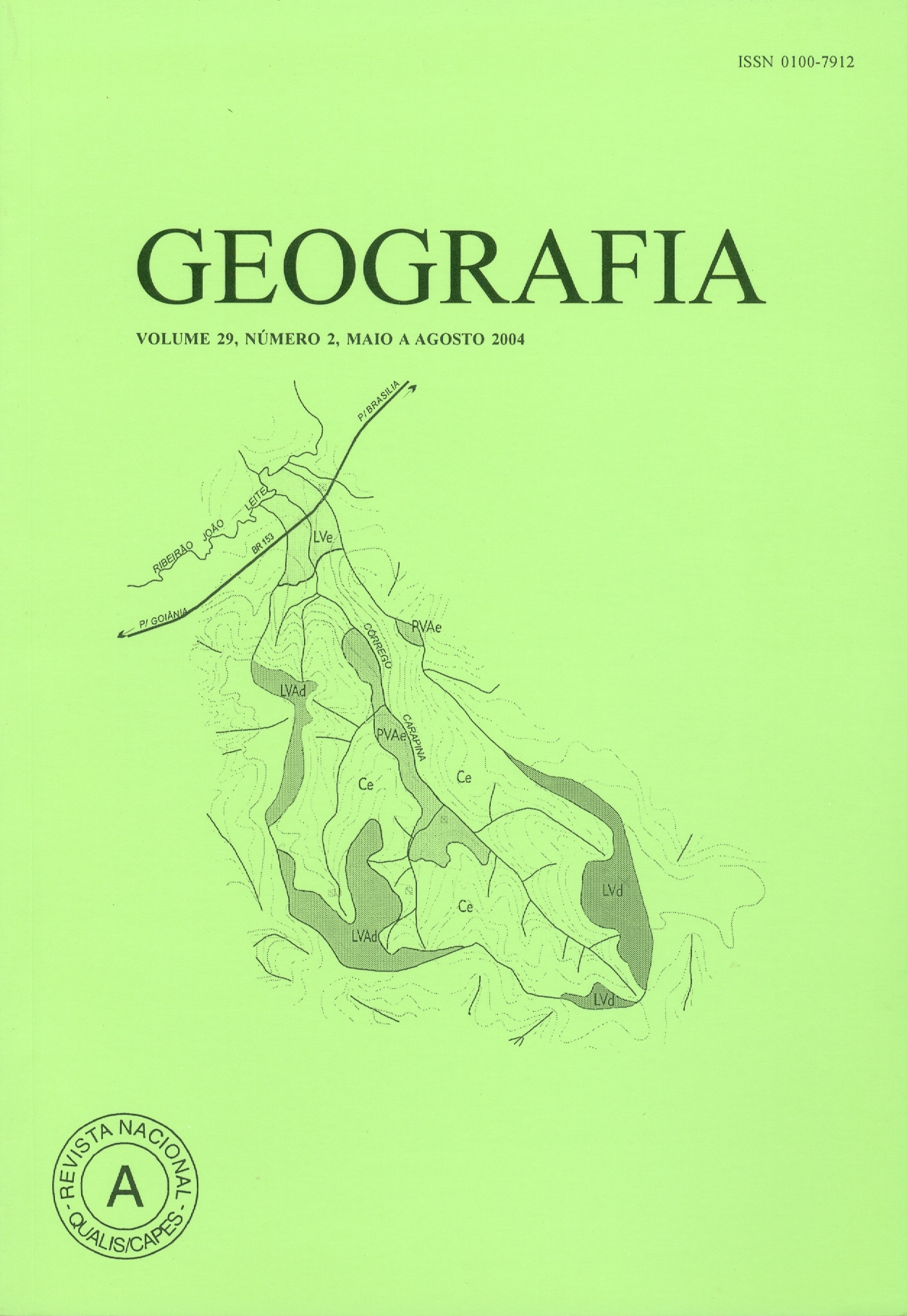Sustainable rural development: considerations about federal governments official speech
Abstract
Since 1990’s, ‘sustainable development’ became a popular term, reflected by environmental issues debated in ONU’s conference Rio-92. Besides the academic thinking and commercial uses of sustainable development, Brazilian federal government also incorporated the speech of sustainable development in several policies and documents. The ‘Agenda 21’ and other sectorial documents was published evidencing sustainability. This paper presents some considerations about federal government’s documents that emphasize the sustainable development in rural areas, considering the functions attributed to family agriculture. After some theoretical considerations about sustainable development we will be linking it with the following government documents: Guidelines of agrarian policies and sustainable development, of FAO/INCRA (1994); Sustainable Agriculture: subsidies for the Brazilian ‘Agenda 21’ (2000); Brazilian ‘Agenda 21’ (2002); National Plane of Sustainable Rural Development - PNDRS (2002); and the Ordinances of the National Program for Invigoration of Family Agriculture - PRONAF (1996/2001), National Council of Rural Development - CNDR (1999) and National Council of Sustainable Rural Development - CNDRS (2000). Key words: sustainable development; federal government; family agriculture.Downloads
Published
How to Cite
Issue
Section
License
The authors maintain the copyright and grant GEOGRAFIA the right of first publication, with the articles simultaneously licensed under the Creative Commons BY 4.0 License, which allows sharing and adapting the articles for any purpose, as long as appropriate credits and provisions of image rights, privacy or moral rights. Other legal attributions can be accessed at: https://creativecommons.org/licenses/by/4.0/legalcode.en.
Geography, Rio Claro, SP, Brazil - eISSN 1983-8700 is licensed under the Creative Commons BY 4.0 License.





